About the Global MND Research Roundtable
The Global MND Research Roundtable connects some of the world’s leading minds in motor neurone disease (MND) research with leaders outside the sector to tackle barriers hindering research progress. By identifying challenges and developing solutions, the Roundtable aims to accelerate breakthroughs in MND research.
Following its inaugural event in 2024, FightMND is bringing the Roundtable back to Melbourne in 2025.
📅 When: 10 - 12 September 2025
📍Where: Pullman Melbourne on the Park
Global MND Research Roundtable
Following the success of the 2024 Global MND Research Roundtable, FightMND is excited to be hosting the 2025 Global MND Research Roundtable in Melbourne from 10 to 12 September.
The Roundtable unites leading researchers, global collaborators, strategic experts, and individuals with lived experience of motor neurone disease (MND) to address key challenges in MND research.
Key highlights of the 2025 Global MND Research Roundtable include:
- Driving progress of priorities from the Global MND Research Acceleration Strategy. developed by FightMND, MND Australia, and ALS Canada.
- Updates from Working Groups tackling the seven strategic goals of the Strategy.
- Interactive sessions focused on overcoming barriers in global MND research.
About the Global MND Research Roundtable
The 2025 Global MND Research Roundtable will be held at Pullman Melbourne on the Park.
Situated in East Melbourne, the Pullman is positioned near iconic local landmarks, including the Melbourne Cricket Ground (MCG), a site steeped in sporting tradition and closely tied to FightMND’s Big Freeze event. This venue offers a dynamic setting for collaboration and progress in MND research.
Background
In August 2024, FightMND hosted the inaugural Global MND Research Roundtable in Melbourne, bringing together experts to address key challenges in motor neurone disease (MND) research. Discussions focused on:
- understanding the causes and key features of MND and identifying drug targets.
- understanding the variations occurring in MND.
- defining ways to accurately classify the type of MND affecting a person.
- developing biomarkers that quickly diagnose MND.
Delegates worked collaboratively to tackle barriers and proposed solutions in two areas:
- Harmonisation – Aligning global research efforts, fostering collaboration, and improving knowledge-sharing.
- Standardisation – Establishing best practices to enhance efficiency across all research stages.
Following the event, FightMND, MND Australia, and ALS Canada developed the Global MND Research Acceleration Strategy, which was presented at the 35th International Symposium on ALS/MND. The Strategy outlined seven key goals, including big data centralisation, biobanking collaboration, biomarker best practices, and unified clinical trial protocols. By strengthening global research coordination, this initiative aimed to accelerate breakthroughs and drive the development of effective treatments for ALS/MND.







